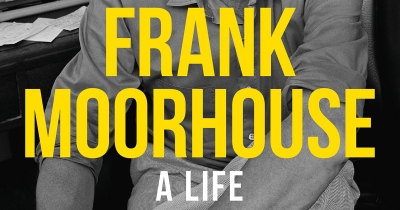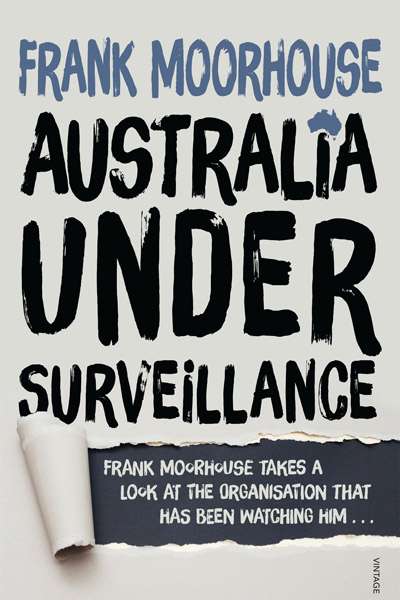Accessibility Tools
- Content scaling 100%
- Font size 100%
- Line height 100%
- Letter spacing 100%
Frank Moorhouse
The ABR Podcast
Released every Thursday, the ABR podcast features our finest reviews, poetry, fiction, interviews, and commentary.
Subscribe via iTunes, Stitcher, Google, or Spotify, or search for ‘The ABR Podcast’ on your favourite podcast app.
The red thread: Xi Jinping’s ideology of power
by Neil Thomas
This week on The ABR Podcast, Neil Thomas reviews On Xi Jinping: How Xi’s Marxist Nationalism is shaping China and the world by Kevin Rudd. Thomas explains that even China watchers find it hard to be clear on the thoughts and plans of the leader of the Chinese Communist Party. They disagree, he tells us, on basic, critical questions, such as for how long Xi will rule. ‘Enter Kevin Rudd’, Thomas writes. ‘In his latest book, former prime minister Kevin Rudd adds a worthy new chapter to his life of public service, digesting thousands of pages of “Xi Jinping Thought” so that you do not have to’. Neil Thomas is a Fellow on Chinese Politics at Asia Society Policy Institute’s Center for China Analysis in Washington DC. Here is Neil Thomas with 'The red thread: Xi Jinping's ideology of power' by Neil Thomas, published in the December issue of ABR.
Recent episodes:
In this week’s ABR Podcast, Frank Moorhouse biographer Matthew Lamb tells of his subject’s battle to defend Australian authors and the founding of Copyright Agency in 1974. Listen to Matthew Lamb with ‘Copyright and its discontents: Frank Moorhouse’s battle to defend authors’, published in the June issue of ABR.
... (read more)It is only a coincidence that my book Frank Moorhouse: Strange paths, the first in a two-volume cultural biography of the Australian author, ends in 1974 – the same year that Copyright Agency was incorporated – and that it was published in time to celebrate the fiftieth anniversary of this incorporation. As Moorhouse himself always argued, such coincidences, chance happenings, and historical accidents are often far more important in shaping our culture than we like to concede.
... (read more)In this week’s ABR Podcast Sascha Morrell reviews Matthew Lamb’s biography, Frank Moorhouse: Strange paths. Mathew Lamb might be the ideal reader for Moorhouse’s archive and seems to match Moorhouse’s capacity for telling the truth ‘bit by bit’, wink by nudge. Sascha Morrell is a regular ABR contributor and a Lecturer in Literary Studies at Monash University. Listen to Sascha Morrell’s ‘“When I am famous”: A masterpiece of biographical synthesis’, published in the April issue of ABR.
... (read more)Frank Moorhouse, one of Australia’s most prolific and loved authors, essayists, and public intellectuals, died aged eighty-three on 26 June. Moorhouse left a legacy of eighteen fiction and non-fiction books, a series of screenplays, and countless essays. He was also a tireless activist on a range of fronts, including opposing censorship and promoting copyright law reform.
... (read more)Storytelling in all its forms is one way of having something curious, strange, and comforting to say to others and ourselves when we are faced with the malaise of the real.
... (read more)










